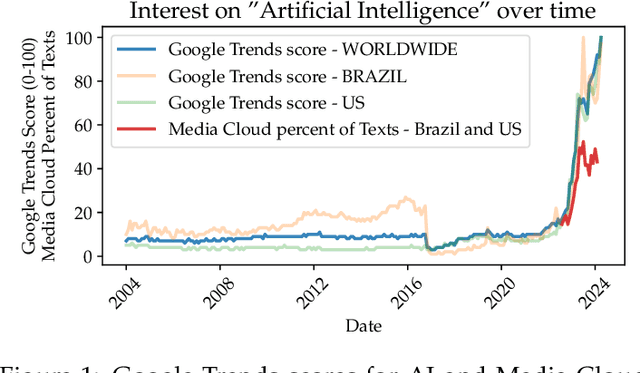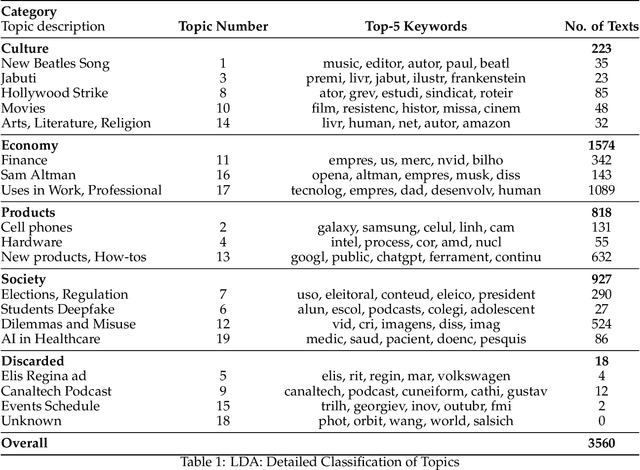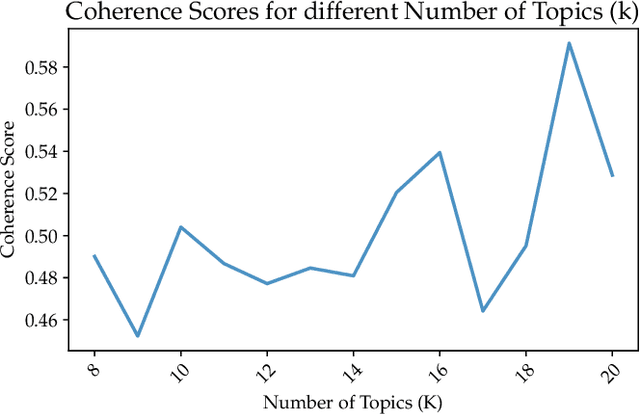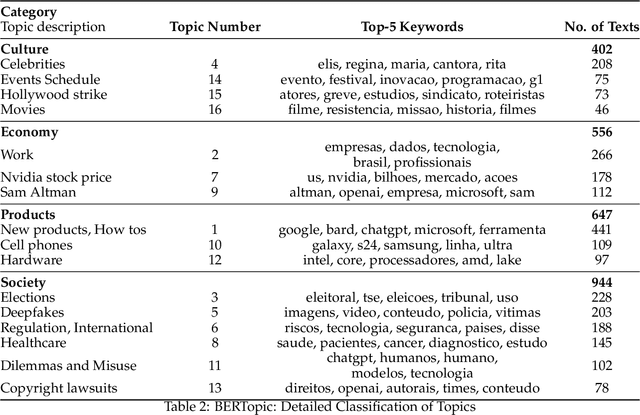Raphael Hernandes
Auditing Google's Search Algorithm: Measuring News Diversity Across Brazil, the UK, and the US
Oct 31, 2024Abstract:This study examines the influence of Google's search algorithm on news diversity by analyzing search results in Brazil, the UK, and the US. It explores how Google's system preferentially favors a limited number of news outlets. Utilizing algorithm auditing techniques, the research measures source concentration with the Herfindahl-Hirschman Index (HHI) and Gini coefficient, revealing significant concentration trends. The study underscores the importance of conducting horizontal analyses across multiple search queries, as focusing solely on individual results pages may obscure these patterns. Factors such as popularity, political bias, and recency were evaluated for their impact on news rankings. Findings indicate a slight leftward bias in search outcomes and a preference for popular, often national outlets. This bias, combined with a tendency to prioritize recent content, suggests that Google's algorithm may reinforce existing media inequalities. By analyzing the largest dataset to date -- 221,863 search results -- this research provides comprehensive, longitudinal insights into how algorithms shape public access to diverse news sources.
Artificial Intelligence in Brazilian News: A Mixed-Methods Analysis
Oct 22, 2024



Abstract:The current surge in Artificial Intelligence (AI) interest, reflected in heightened media coverage since 2009, has sparked significant debate on AI's implications for privacy, social justice, workers' rights, and democracy. The media plays a crucial role in shaping public perception and acceptance of AI technologies. However, research into how AI appears in media has primarily focused on anglophone contexts, leaving a gap in understanding how AI is represented globally. This study addresses this gap by analyzing 3,560 news articles from Brazilian media published between July 1, 2023, and February 29, 2024, from 13 popular online news outlets. Using Computational Grounded Theory (CGT), the study applies Latent Dirichlet Allocation (LDA), BERTopic, and Named-Entity Recognition to investigate the main topics in AI coverage and the entities represented. The findings reveal that Brazilian news coverage of AI is dominated by topics related to applications in the workplace and product launches, with limited space for societal concerns, which mostly focus on deepfakes and electoral integrity. The analysis also highlights a significant presence of industry-related entities, indicating a strong influence of corporate agendas in the country's news. This study underscores the need for a more critical and nuanced discussion of AI's societal impacts in Brazilian media.
LLMs left, right, and center: Assessing GPT's capabilities to label political bias from web domains
Jul 19, 2024Abstract:This research investigates whether OpenAI's GPT-4, a state-of-the-art large language model, can accurately classify the political bias of news sources based solely on their URLs. Given the subjective nature of political labels, third-party bias ratings like those from Ad Fontes Media, AllSides, and Media Bias/Fact Check (MBFC) are often used in research to analyze news source diversity. This study aims to determine if GPT-4 can replicate these human ratings on a seven-degree scale ("far-left" to "far-right"). The analysis compares GPT-4's classifications against MBFC's, and controls for website popularity using Open PageRank scores. Findings reveal a high correlation ($\text{Spearman's } \rho = .89$, $n = 5,877$, $p < 0.001$) between GPT-4's and MBFC's ratings, indicating the model's potential reliability. However, GPT-4 abstained from classifying approximately $\frac{2}{3}$ of the dataset, particularly less popular and less biased sources. The study also identifies a slight leftward skew in GPT-4's classifications compared to MBFC's. The analysis suggests that while GPT-4 can be a scalable, cost-effective tool for political bias classification of news websites, but its use should complement human judgment to mitigate biases. Further research is recommended to explore the model's performance across different settings, languages, and additional datasets.
 Add to Chrome
Add to Chrome Add to Firefox
Add to Firefox Add to Edge
Add to Edge